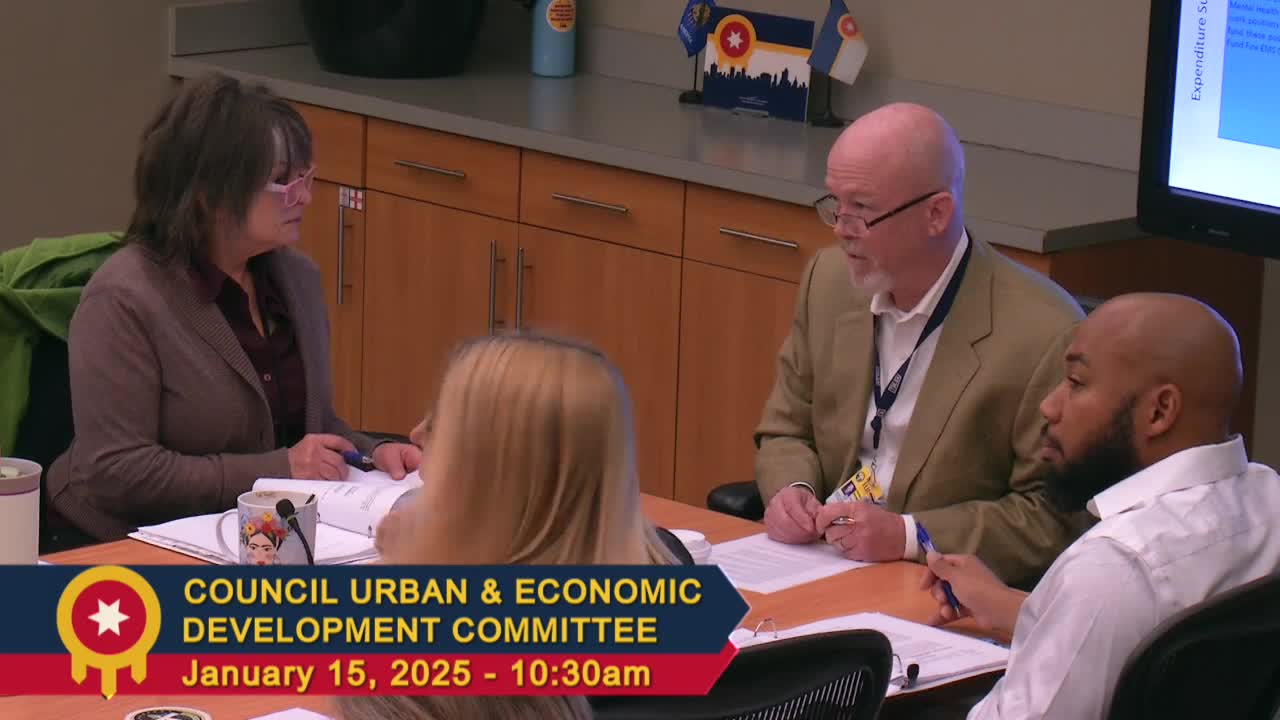Article not found
This article is no longer available. But don't worry—we've gathered other articles that discuss the same topic.
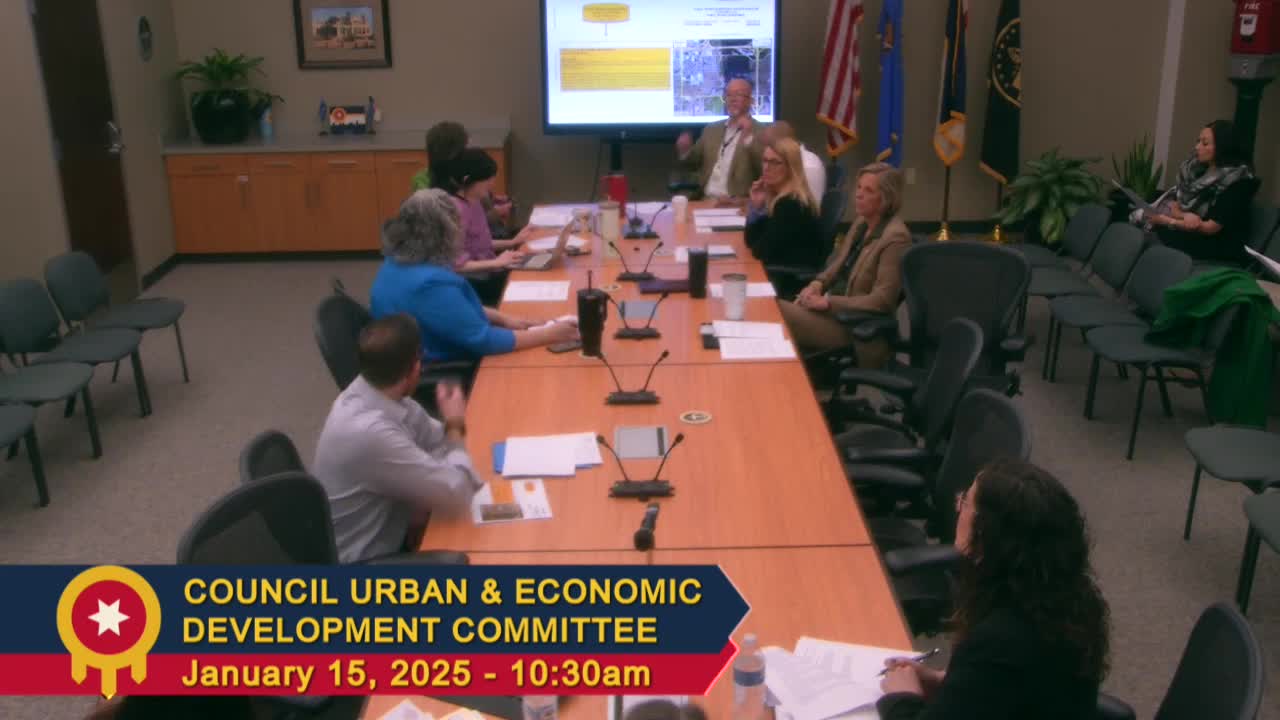
City to accept TAYO-funded corridor study for 11th Street near Fair Oaks; $295,000 appropriation proposed
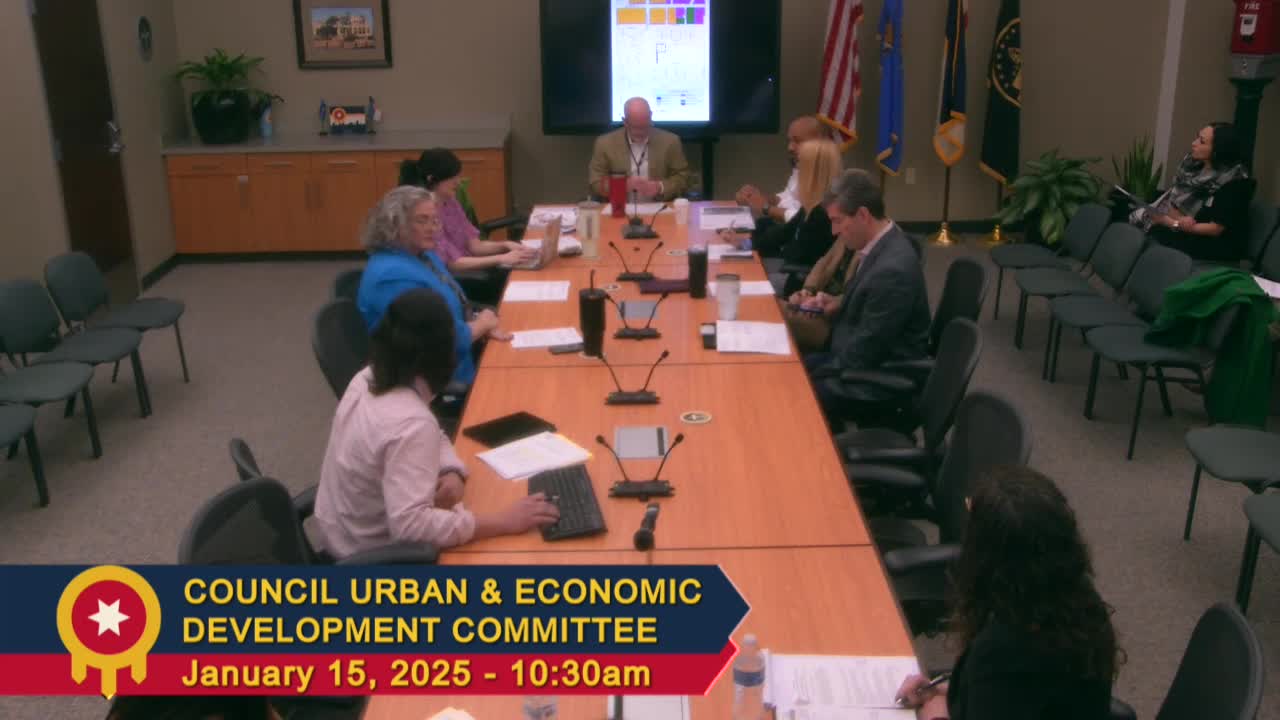
Councilors initiate neighborhood character overlay discussion for Florence Park
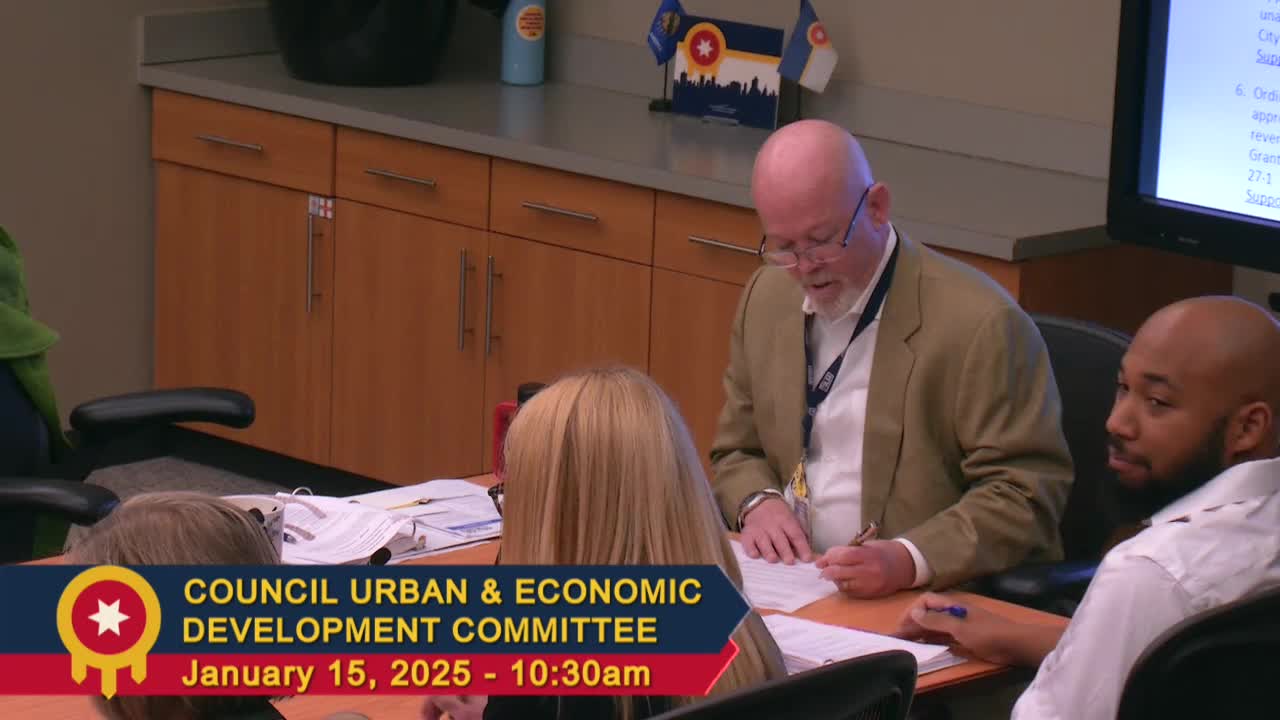
Staff outlines rezoning request Z-78100 to create three to four single-family lots
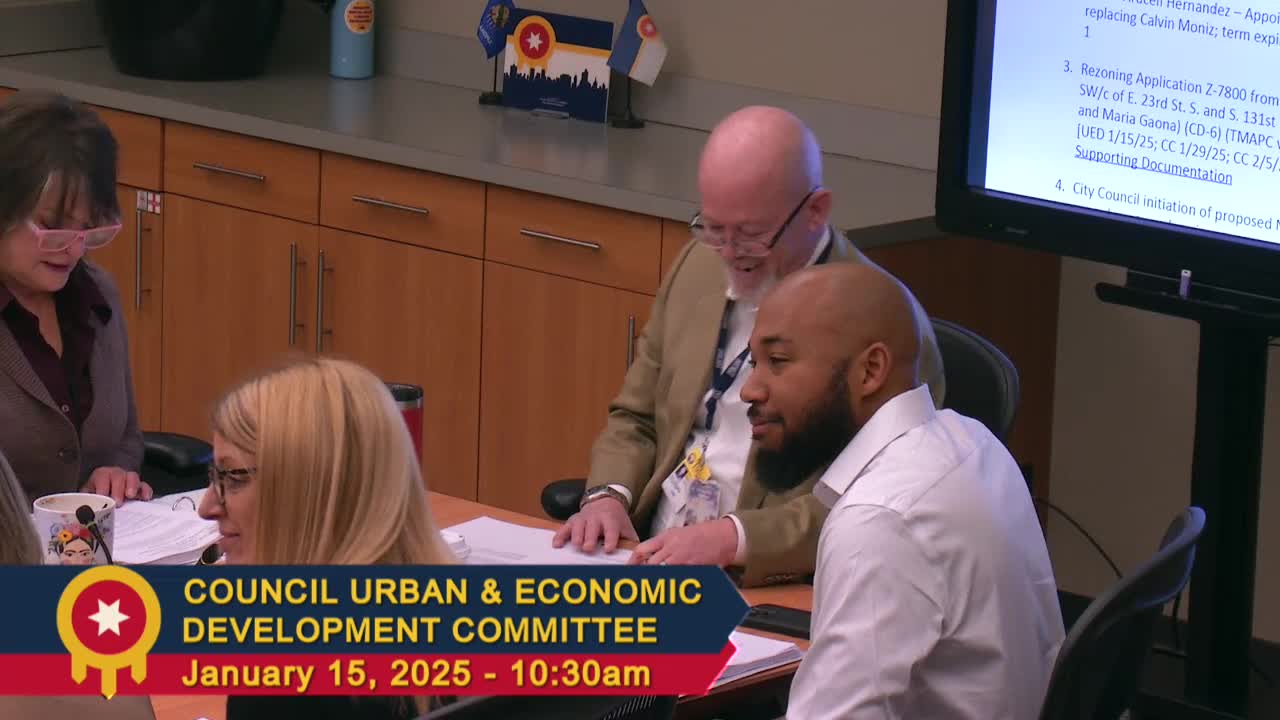
Maria Hernandez to be considered for HUD Community Development Committee seat
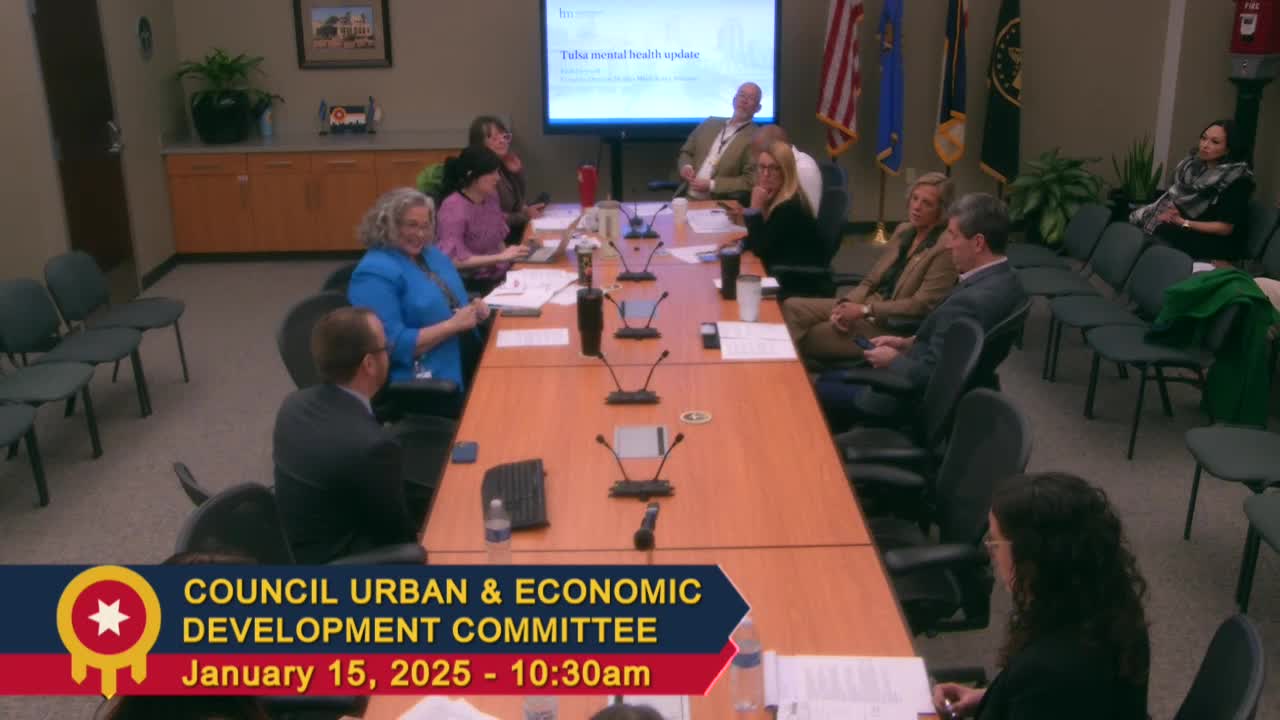
Healthy Minds lays out multi-pronged plan on children’s services, crisis response and overdose prevention
